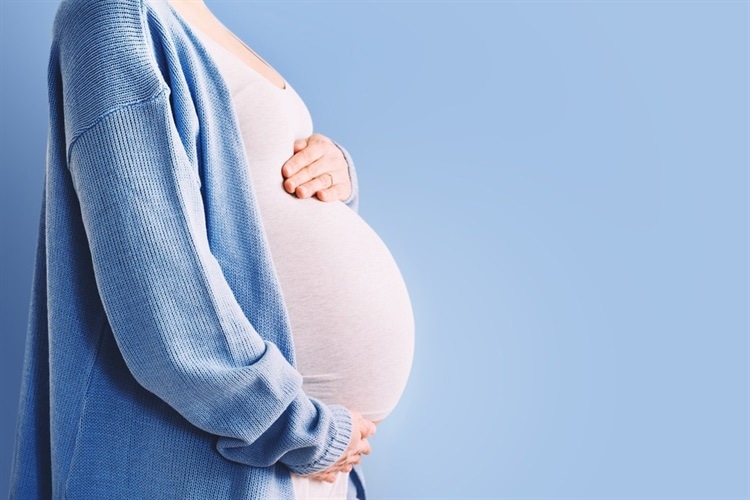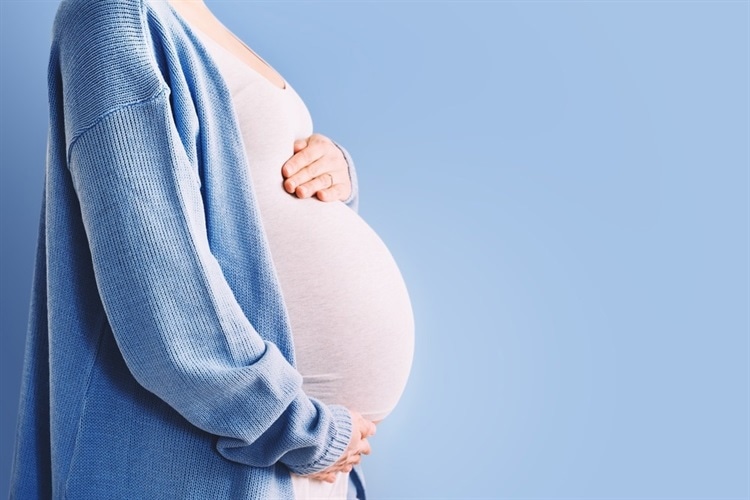
Researchers have assessed the relationship between sleep problems and nutrient intake throughout the second and third trimesters of pregnancy in a study that was published in Nutrients.
There is a lack of information on the relationship between nutrition and sleep hygiene in expectant women, and studies that have already been published have produced conflicting results. Studying the relationship between TIB and nutrition among pregnant people may help medical practitioners and raise the level of care given to expectant mothers.
In the current study, researchers examined the connection between nutrition and TIB in New Zealanders (NZ) during T2 and T3. They also looked into pregnant women’s sleep issues that might be related to nutrition.
Pregnant NX residents who took part in the “Nutrition in Pregnancy” study filled out questionnaires throughout their second and third trimesters of pregnancy to provide information on demographic, lifestyle, and medical factors. Moreover, diet information was gathered from the subjects by one-day diet recalls completed by interviewers and three.The questions resembled national nutrition surveys conducted in New Zealand. Measurements of maternal weight, height, biceps, triceps, and skinfolds in the costal region were made. In addition to the physical activity diaries, the 24-hour diary data was also used to evaluate the physical fitness of the mothers. People were enrolled via media advertisements, word-of-mouth from religious and communal contexts, and advertisements in free pediatric care clinics.
504 pregnant women in week 14 of gestation were included in total, and they were matched to interviews with people who had the same ethnic background and were knowledgeable about community healthcare and nutrition. The subjects were visited by the interviewers during the T2 and T3 phases as well as after delivery. The most recent menstrual cycle date was used to calculate the gestation age, and questionnaires were used to rate the intensity of morning sickness.Complete data were available for 370 and 310 women during T2 and T3, respectively. The median TIB values during T2 and T3 were 9.8 hours and 10 hours, respectively. In the second and third pregnancy trimesters, the time in bed was related to disability or welfare status, age, and status of marriage. In the second trimester, the time in bed was related to childcare, work, educational status, and alcohol intake before pregnancy.
Particularly, TIB values correlated positively with beer intake before pregnancy and negatively with wine intake. Logistic regression modeling showed lower TIB values among women who consumed alcohol before pregnancy. Fewer significant associations were observed for lifestyle-related covariates for the third trimester.






